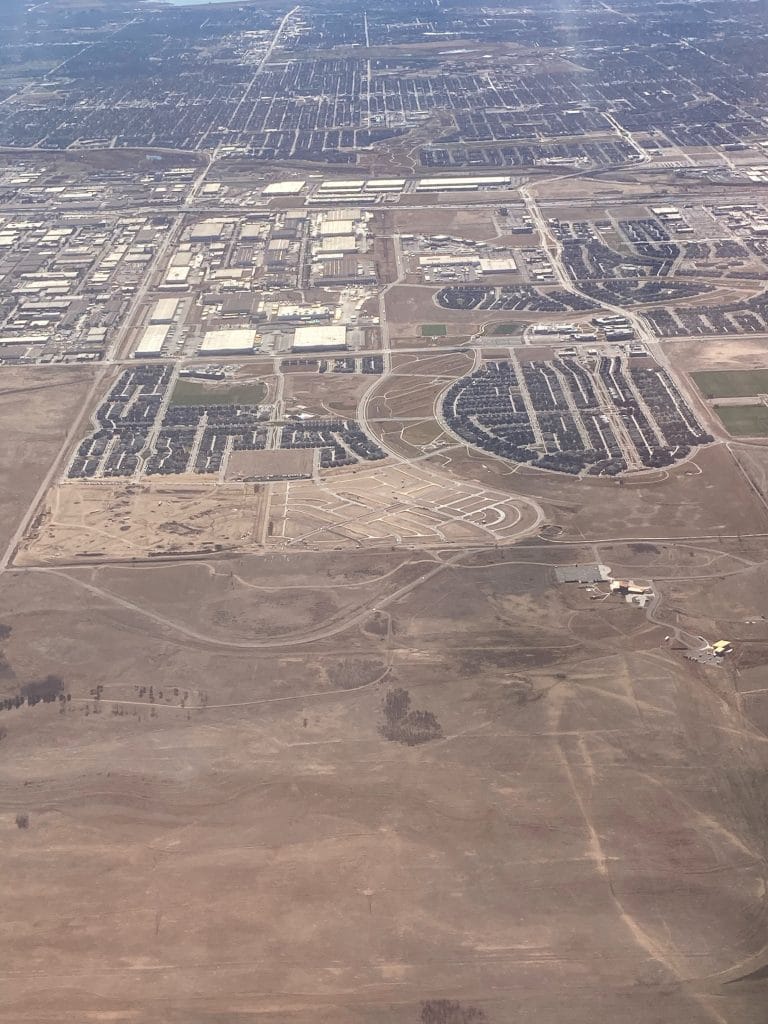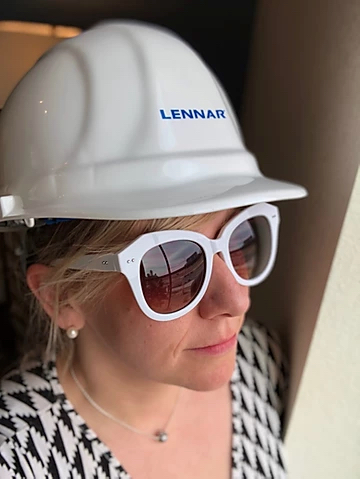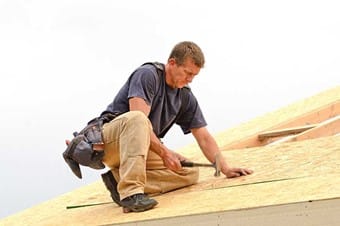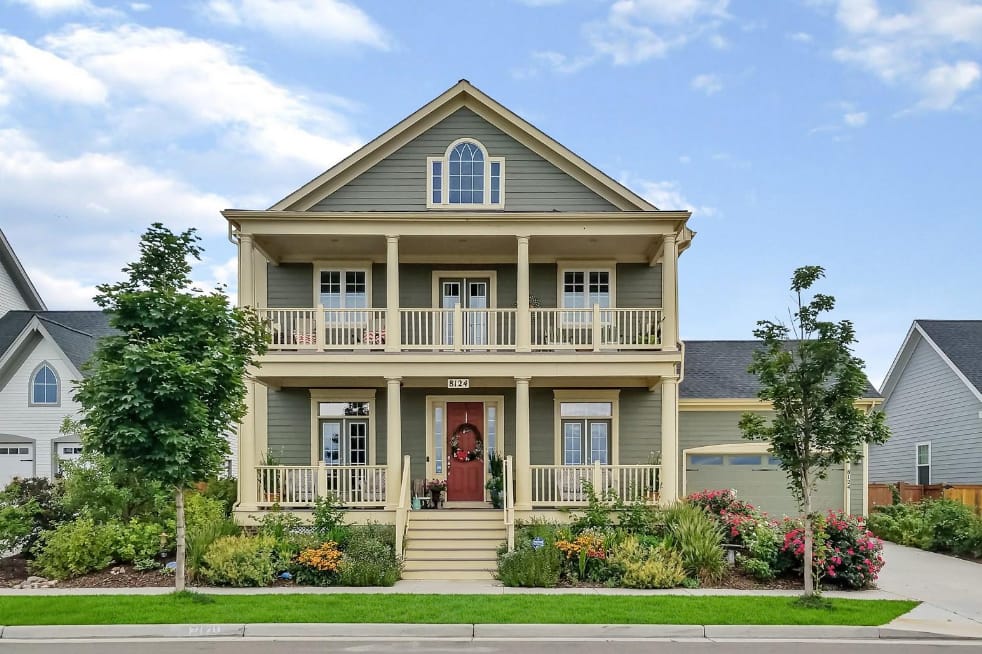My new construction home is delayed. Now what?
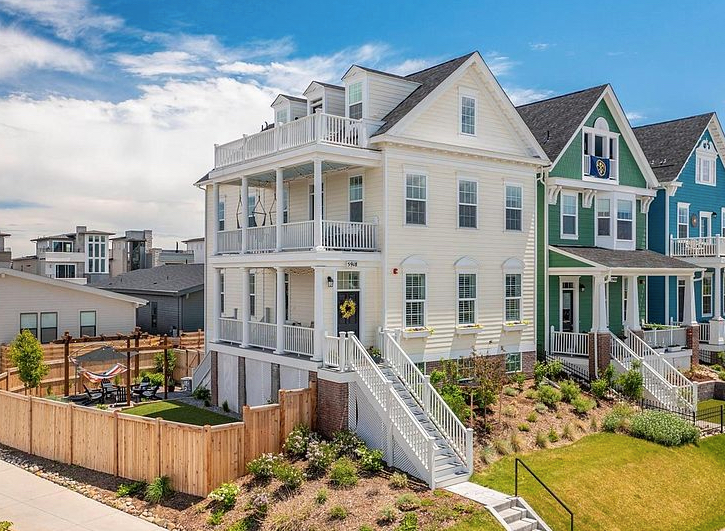
In many new home communities around the Denver metro, builders are building homes as quickly as possible. There’s never been more demand for new homes along the Front Range, and builders are very aware of this.
But it’s also not atypical right now for buyers to hear this from their homebuilder:
“Your home is going to take longer to build than we originally anticipated.”
What does this mean for you if you’re building a home?
First, builder delays aren’t unique to Central Park. Our brokers work daily in Sterling Ranch in Littleton, Painted Prairie in Aurora, The Canyons in Castle Pines, Solstice in Littleton, and many other new home communities around Denver. Here at Focus Real Estate we’re seeing builder delays from Castle Rock to Eerie.
I covered a lot of the reasons builders are experiencing delays in this Scoop post: How long does it take to build a new home in Central Park … right now? From lumber shortages to permit issues to availability of trades, there are quite a few reasons why your builder might be delayed.
I wanted to follow-up on that previous Scoop post and pause for a minute on what I tell my clients when we hear that their home might take longer than anticipated. Note that your home and circumstances might be different, and this post isn’t legal advice, so work with your broker and attorney if you’d like information on your specific deal.
Also, before we dive in, I would say that we often have a general sense of where Central Park’s builders are at timing-wise and that delays aren’t always a surprise on our end here at Focus. We might typically help clients with 50+ new homes each year and chat with the builder representatives often. While not perfect, we can tell you what we’re seeing on our end.
In any event, builders often give themselves 1 – 2 years to build your home per your builder contract, though of course this timeline varies. This 1 – 2 year timeline might even be longer if your contract includes a provision that allows for more time if there are force majeure delays.
1 – 2 years is a lot of time!
That said I often tell my clients that their builders are just as incentivized as they are to complete their home. Your builder doesn’t get paid until your home is done and you close. Meanwhile, while your home is being built, your builder may be paying carrying costs (taxes, etc.) and making payments to the contractors building your home. So builders usually would like to build as quickly as permitting, weather, and other factors will let them – so they can get paid, recoup their costs, and move on to the next home.
What might happen if your home is delayed longer?
While I personally haven’t seen a home take longer than 2 years in Central Park, chatting with our attorney and based on my experience with builders in Central Park, there are a few different possible outcomes.
The builder and buyer might agree to extend the buildout timeframe. The builder could provide some type of incentive for the buyer to stay under contract (though this doesn’t seem likely in the current environment where a builder could easily just resell the lot/home, perhaps even at a higher price). The builder and/or buyer could also potentially terminate the contract, with a refund of earnest money.
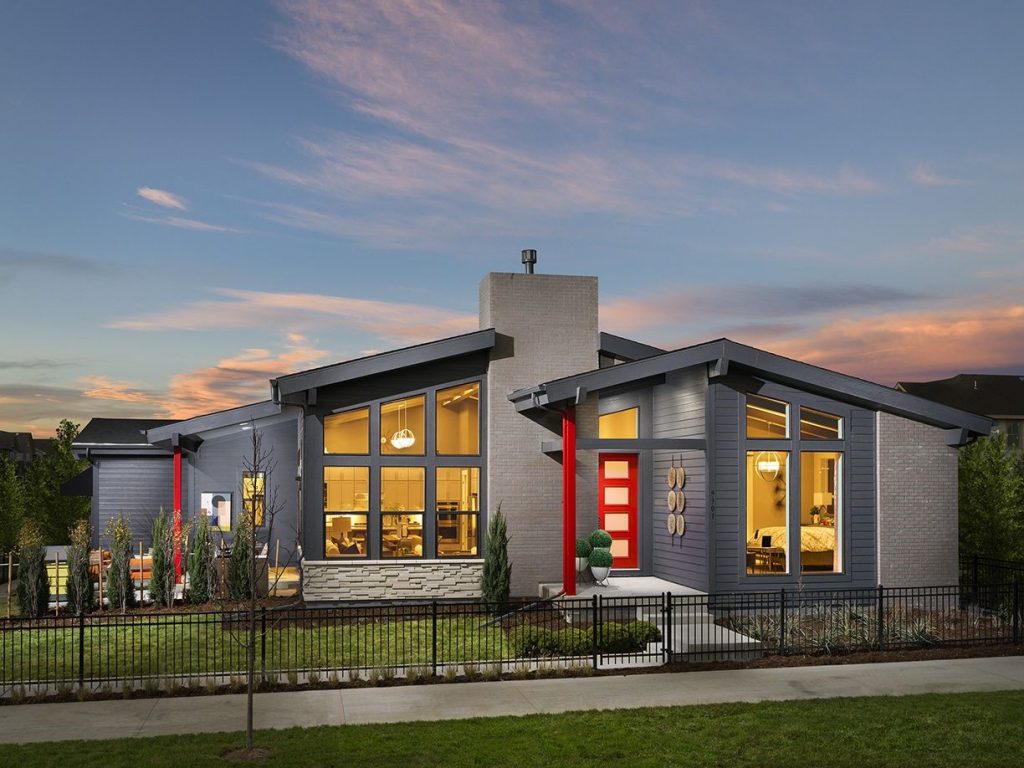
There are other scenarios, but the short story is while your builder obviously would like to build your home quickly, and even though your contract might have a “deadline” of 1 – 2 years, the reality is for some builder contracts there may not be a major penalty/issue for missing that deadline on the builder side other than potentially losing the contract on the home, ongoing holding costs, refunding earnest money, and market/economic risk if the housing market changes.
The next conversation I have with my clients when they hear their new home could be delayed is about moving timelines, storage, and the timeline associated with listing their home. As just one example of what we can do, if we think we might need to list your home in the winter now because of a builder delay, we’ll consider taking exterior listing photos while it’s still warm and your landscaping looks great so that we have great listing photos “in our pocket.”
So there you have it, friends! If you’d like to learn more about building in Central Park’s last community, North End, or any other community along the Front Range, feel free to shoot any of our team members an email.
Last but not least, remember that all real estate transactions are different, and all real estate contracts are different. Some of the issues I discuss in this post may – or may not – apply to your transaction, may apply in a different way, or may even be interpreted differently. This post is not comprehensive and is not legal advice and should not be relied upon. You’re responsible for your own agreement and deal – so read it and get the necessary legal help you need!
Alex R. Ross, Esq. of McLeod Brunger, PLLC assisted with this Scoop post.




